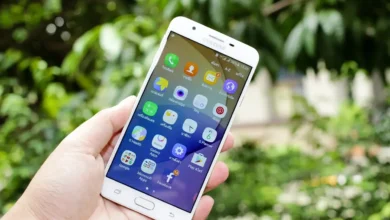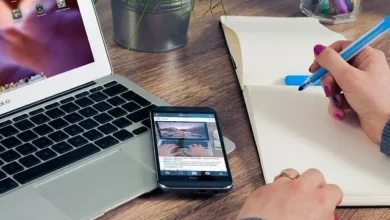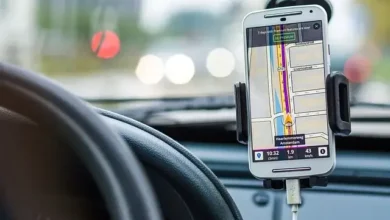
Table of Contents
What is a QR code?
A QR code, short for Quick Response code, is a two-dimensional array of black and white squares or pixels arranged in a grid. Invented by the Japanese auto manufacturing company Denso Wave in 1994, QR codes were initially used for high-speed scanning and tracking of components during the assembly process. Over time, QR codes have evolved to become a convenient means of storing and accessing data, particularly through smartphones or cameras capable of quickly processing the information encoded in the QR code’s pixel arrangement.
QR codes can store various types of information and are commonly used for purposes such as accessing Wi-Fi networks, pulling up menus on smartphones, or transmitting URLs. Despite their initial use in industrial settings, QR codes have become prevalent in marketing and advertising campaigns, where they can be easily read by smartphones with built-in QR readers.
How do QR Codes Work?
QR codes work by arranging black and white pixels into a unique pattern that encodes a string of data. When scanned using a device equipped with a camera, such as a smartphone, the pattern is translated into human-readable information. QR codes operate similarly to barcodes found at supermarkets but differ in their two-dimensional arrangement, allowing them to store more data as they are written both vertically and horizontally. The scanning process involves capturing the image with a camera, and the information encoded in the QR code is then translated for human understanding.
Scan QR Code on Android without App Download
Android devices running Android 8 and above come equipped with an inbuilt QR code scanner through Google Lens. To scan a QR code without downloading an additional app, follow these steps:
- Find and launch your Android phone’s camera app. You can either scroll to it or use the search bar to enter “camera.”
- Ensure that the QR code is in view, with all four corners visible. If using Android 8 or later, a banner may appear.
- Once the QR code is detected, Google Lens will redirect you to a website or app. If nothing happens, activate Google Lens first.
By leveraging the built-in capabilities of Google Lens, users can conveniently scan QR codes directly through their Android device’s camera without the need for a separate app download.
Scan QR Code on Android with App
To scan QR codes on Android using an app, you can choose from various options available on Google Play. However, it’s crucial to be cautious about the security and reliability of these apps. Here are steps and recommendations:
General Tips:
- While Google Play is a safe platform, be cautious about potential security risks when downloading QR scanning apps.
- Check the ratings and reviews on Google Play and other review sites.
- Apps with a high rating (e.g., 4+) and positive user reviews are generally trustworthy.
- Established apps with millions of downloads and a longer presence are often reliable.
Recommended QR Code Scanner Apps:
QR & Barcode Scanner by Gamma Play:
- Over 100 million downloads.
- 4.5 cumulative Google Play rating with 2.45 million reviews.
- Simple user interface without extra buttons or zooming requirements.
- Highly popular tool available in Apple’s App Store.
- Allows easy scanning of QR Codes, providing access to various information, including Wi-Fi passwords and PDFs.
- Uses the smartphone’s camera for automatic QR Code scanning.
- Available exclusively on the Google Play Store.
- Relies on three different decoding engines (Google ML Kit, Zing, and ZBar) and supports all types of barcodes.
- Processes additional information like contact details, email addresses, and phone numbers.
- Offers continuous scan for bulk entries and a history feature.
- Free to use with in-app ads but requires only internet access and camera permissions.
When choosing a QR code scanning app, consider these recommendations, ensuring a balance between functionality, user reviews, and the app’s security.



